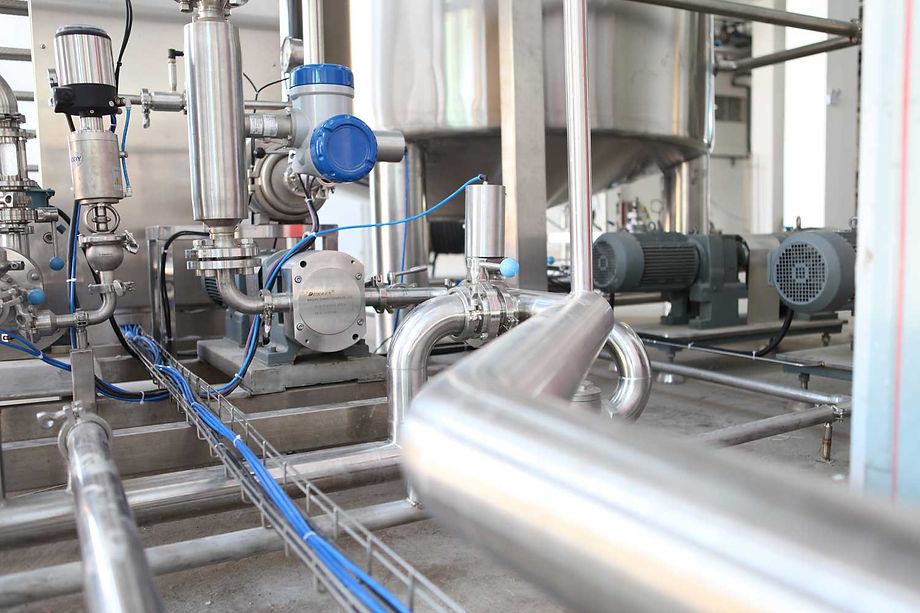

PETROLEUM GEOLOGY
COURSE OVERVIEW & LEARNING OUTCOMES
The petroleum geology course takes participants through the origins of hydrocarbon, foundations of geology, the 3D geometric description of the reservoir and how the myriad of geologic data can be integrated with engineering to manage petroleum reservoirs. Participants study the accumulation of hydrocarbon and conditions that support it, historical depositional environments, geologic time and history, carbon-cycles and the concept of total organic carbon (TOC) amongst others.
This course can also be taken by none geoscientist to get some understanding of geological principles and processes and how petroleum systems work.
TARGET PARTICIPANTS
Geo-scientists,
Drilling and Well Engineers,
Reservoir Engineers,
EXAMPLE MODULES
Geological Principles, Earth Structure and Rock Types
Geological time scale and rock age dating
Stratigraphic time; breaks & discontinuities
Structural geology
Geological mapping and contouring
Clastic and non-clastic rock classifications
Reservoir Rock Properties
Depositional systems – Siliciclastic and Carbonates
Correlation
Petrology and Core Analysis
Mineralogy
TOC
Porosity and permeability - Pore systems and flow units
Petroleum System Processes and Play Fairways
Source rocks, Hydrocarbon accumulation and migration
Hydrocarbon trapping mechanisms
Exploration risk analysis
Oil and Gas in Place Calculation
Resource categorization
Source rock maturity indication and modelling; Pyrolysis; Hydrocarbon fingerprinting.
3D geo-cellular modelling and structural-stratigraphic framework
Seismic methods
Principles of reflection seismic method
Data acquisition and Processing o Electric logs process types and interpretation
Cutoffs and SCAL in logs
DURATION
5 Days
LOCATIONS:
Houston,
Accra,
Dubai,
Kigali,
London.
